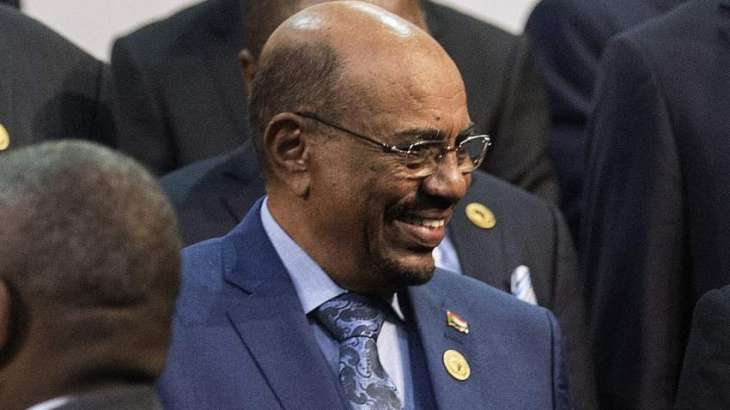The Sudanese military decided at an emergency meeting on Thursday to oust President Omar Bashir from all positions and sack the county's Cabinet following months of anti-government protests in the African nation
MOSCOW (Pakistan Point News / Sputnik - 11th April, 2019) The Sudanese military decided at an emergency meeting on Thursday to oust President Omar Bashir from all positions and sack the county's Cabinet following months of anti-government protests in the African nation.
Omar Hassan Ahmad al-Bashir was born in the village of Hosh Bannaga in Sudan on January 1, 1944.
In 1966, he graduated from the Sudan Military Academy in Khartoum, the capital of Sudan. He also received military education in Malaysia and Pakistan.
Bashir served in the Egyptian Army during the Yom Kippur War, also known as the 1973 Arab-Israeli War, and was a commander of the Egyptian mechanized brigade. In 1975-1979, he served as the Sudanese military attache in the United Arab Emirates.
In 1979, Bashir returned to Khartoum, where he continued his military career. He was appointed as a commander of a parachute brigade.
From 1989 to 1993, he served as the Sudanese defense minister.
In June 1989, Bashir led a military coup, during which the civilian government of then-Prime Minister Sadiq al-Mahdi was removed from power. Bashir proclaimed himself chairman of the Revolutionary Command Council (RCC) and signed a "constitutional decree" dismissing the government and other state bodies.
In 1993, the RCC dissolved itself and appointed Bashir as Sudanese president. Bashir was confirmed as president by the 1996 national election.
The first in 24 years general election was held in Sudan in April 2010. The election was made possible following the signing of the 2005 Comprehensive Peace Agreement between the north and south of the country, which put an end to the 20-year civil war.
According to the results of the election, Bashir retained the presidency, gaining 68 percent of the votes.
In 2015, Bashir was again re-elected as president of Sudan, securing 94 percent of the vote.
The International Criminal Court (ICC) in 2009 issued a warrant for the arrest of Bashir. The Sudanese leader is wanted by the ICC for crimes of genocide and crimes against humanity committed during the armed conflict in the Darfur region of Sudan in 2003. This is the first case in the ICC procedural history of issuing a warrant for the arrest of the incumbent head of state.
Bashir responded by saying that Khartoum did not recognize the decision of the court.
Despite the arrest, the Sudanese president has repeatedly visited countries in the Middle East and Africa, including those that are states parties to the Rome Statute of the ICC. However, none of these countries attempted to arrest him, despite the requests of the court.




